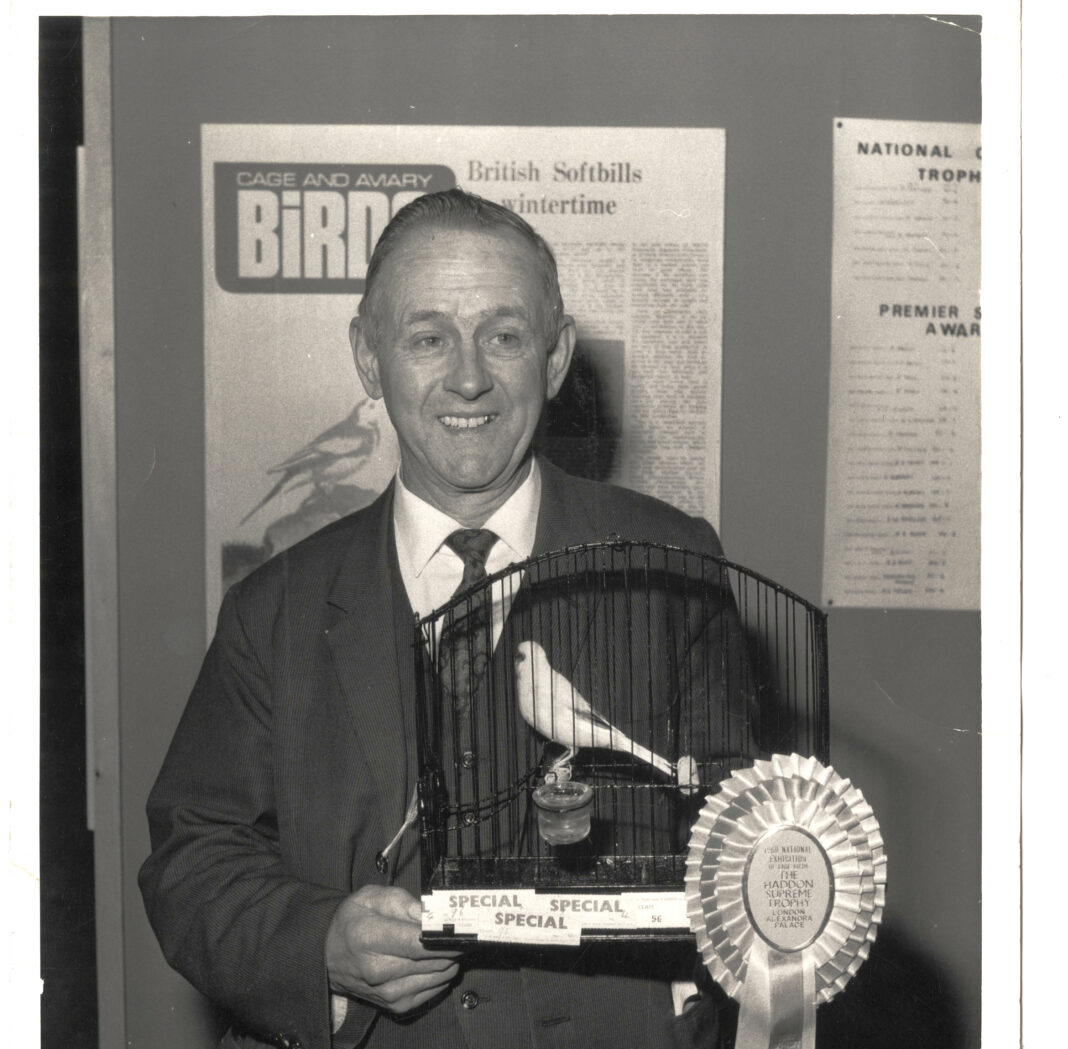This month Norman devotes his column to considering the rewards of being a show judge – in his opinion, ‘the most rewarding of all the aspects of the fancy’
ALTHOUGH we are in the middle of the breeding season, my thoughts have been turned to the show season and the important role that judges play in our hobby.
Major breed societies, such as the International Gloster Breeders Association (IGBA), are constantly reviewing their judges’ panels to ensure that those officials who are listed are current breeders and exhibitors.
We as judges have a duty – to ourselves, to the show-promoting society and to any other person or body we represent – to present ourselves in a respectful manner when officiating at any show. Judging is an honour and should not be taken lightly when we cast our eyes on and give our opinion concerning the birds of our fellow fanciers. To be asked to judge at a show is the pinnacle of respect that can be bestowed on a fancier, and we should return the respect by our appearance, manner and honesty.
While on the subject of judging, I am aware that we have an ageing judging community, not only in the Gloster world but across the broad spectrum of the fancy. This needs to be addressed, with fanciers being promoted to judging panels as and when they have satisfied the criteria. Nonetheless, it is up to clubs – both CBS and specialist – actively to promote new judges and encourage participation in what is a most rewarding part of the fancy.
I am not one for too many rules in the fancy, though I believe we do have too many! Just as in our normal life we prefer to do without over-stipulation, so it ought to be in a hobby. The general rule, in the canary fancy, is:
■ to have passed five years as a champion breeder and exhibitor
■ to be of good standing
■ to be proposed and seconded onto the relevant panel.
But there is of course more to the application than simply being proposed and seconded. You need to be mentored and have a good grounding in the judging process. That is only achieved by working with experienced judges and by engaging in the judging process as a steward.
I well remember, in about 1980, stewarding for Mr Jim Feather at the Yorkshire Border Fancy CC show in Doncaster. Mr Feather was a highly respected Border fancier and it was a privilege to watch him working with a very large class of 90-plus clear yellow hens. On that morning I learned a lot that has stood me in good stead over the intervening years as a judge.
As a young fancier I enjoyed working with many judges who are now revered in the fancy as icons of a past era. It involves looking at as many of your chosen breed – or indeed all breeds – as possible and developing an eye for what is required. But additionally it is knowledge and understanding of how to manage the judging process and potentially large classes, which is paramount to your success as a judge.
To be a judge is about having the competence to undertake the process. When you are faced with large classes of quality canaries, an assessment has to be made within the constraints of the process.
Competence is made up of the practical and theoretical knowledge and understanding required for the task; it is about being given the opportunities to learn, and it is up to clubs and experienced fanciers to provide the opportunities for the budding judge to gain competence.
Judging is the most rewarding of all the aspects of the fancy. You have been honoured by your fellow fanciers to cast your eye over, and give your opinions concerning, the fruits of their hard work and dedication. Respect the role and the honour. But remember: the judge judges the birds; the fancier judges the judge.
Norman Wallace is the chairman of the North of England Gloster Club.
Find more news and articles like this on the Cage & Aviary Birds website. Subscribe to Cage & Aviary Birds magazine now.


